Bad breath, or halitosis, can be an embarrassing problem. If you've recently developed bad breath, it may be the result of a dry mouth, gum disease, or poor oral hygiene. In many cases, halitosis can be eliminated with proper dental care. Here are a few tips.
The most obvious thing to do is to brush your teeth after you eat. However, you should thoroughly clean your mouth out of any food debris as soon as possible. If you leave any remaining particles on your gums and teeth, it will lead to decay and gum disease.
If you are not thorough in brushing away this bacteria-filled film, it will harden into calculus along the gum line. Calculus is difficult to remove at home without a dental pick or ultrasonic cleaner. While brushing thoroughly is important, you should also schedule a professional cleaning at your dental office twice per year. That way, you can ensure your teeth are cleaned thoroughly, and there are no lingering issues in your mouth.
Floss at least once a day
One of the things that cause bad breath is tartar buildup on your teeth. When this starts to build on the teeth, it traps food particles and bacteria between the teeth. This can cause a foul odor in the mouth. If this is not removed by flossing regularly, the bacteria can start to form colonies on the teeth and work their way beneath the gum line. Once this happens in a person's mouth, it can cause chronic bad breath. Also, it is important to floss daily because with flossing, you are able to clean areas your toothbrush cannot reach. This includes the areas underneath your gums where bacteria can hide. With proper cleaning of these areas, you can prevent gum disease from occurring. Gum disease can make your breath smell bad as it causes pockets of infection underneath the gums. When flossing properly, you can remove plaque from between your teeth that builds up over time.
Brush your tongue
Most people know that brushing their teeth is a good way to prevent bad breath. But did you know that you should brush your tongue as well? The bacteria that cause bad breath also give your tongue an unpleasant odor. So, the best way to eliminate that smell is to brush away the bacteria on your tongue!
Tongue cleaning should be done as part of your normal hygiene routine. It's best to clean your tongue before you brush your teeth in the morning and again just before you go to bed. Start by rinsing your mouth with water to help loosen any debris on the surface of the tongue. Then, take a small, soft-bristled toothbrush or tongue scraper and gently scrub the surface of your tongue. Be sure to replace the toothbrush every three months to keep it clean and free of bacteria.
Clean dentures or dental appliances
When you wear dentures or other dental appliances, make sure you clean them regularly to remove plaque and tartar buildup. When they get dirty, they can cause bad breath.
You can soak your removable dental appliance in a denture cleaning solution or a special solution provided by your dentist. You can also brush the appliance with a soft-bristled brush or a denture brush.
Avoid dry mouth
People with xerostomia don't produce adequate saliva to keep their mouths moist. Saliva is supposed to help keep the mouth clean and neutralize bacteria that cause bad breath. Without enough moisture in the mouth, the bacteria grow out of control and create foul-smelling sulfur compounds that are released into the air through breathing and talking. A dry mouth is a common side effect of many medications.
Adjust your diet
Reduce the foods that can cause bad breath. These may include onions, garlic, alcohol, coffee, and tobacco. Try to eat a balanced diet with plenty of fruits and vegetables. Water can help wash away food particles and keep your mouth moist.
Regularly get a new toothbrush
Toothbrushes should be replaced every three to four months, depending on how often you brush and the condition of your toothbrush bristles. The recommended length of time for brushing is two to three minutes each time. Make sure you replace your toothbrush after you've been sick or if you notice any wear on the toothbrush's bristles.
Schedule regular dental checkups
If bad breath persists despite your best efforts, it may be time to see the dentist again. Your dentist may have other treatment options to explore with you. For example, they may ask you to schedule a follow-up appointment to see if any infections are present or if there are other dental issues contributing to — or causing — the bad breath. They will also recommend cleanings every six months to prevent plaque buildup and decay.
Please visit our dental practice at 551 E Plaza Cir, Litchfield Park, AZ 85340, to schedule a consultation with our dentists. You can also call us at (623) 935-1155 or book your appointment online.
